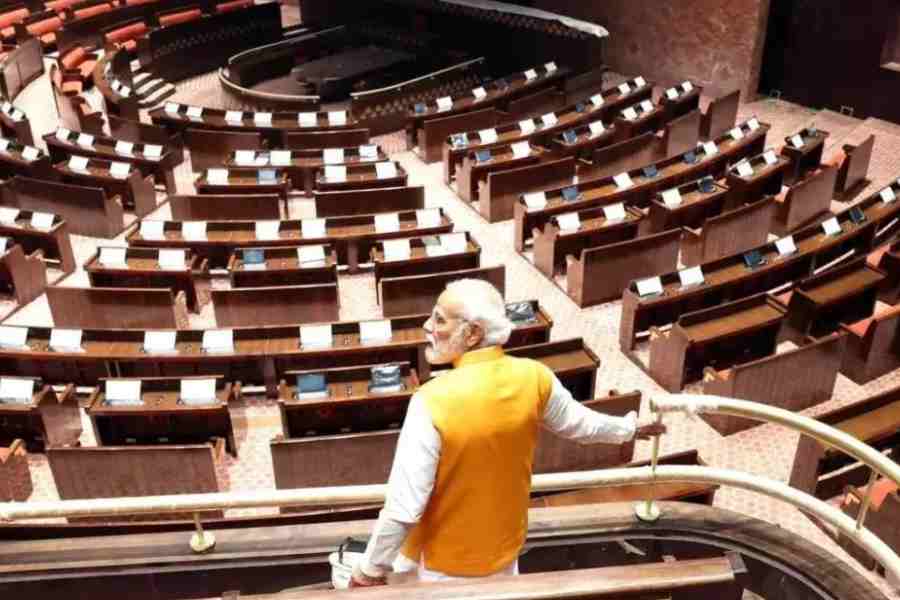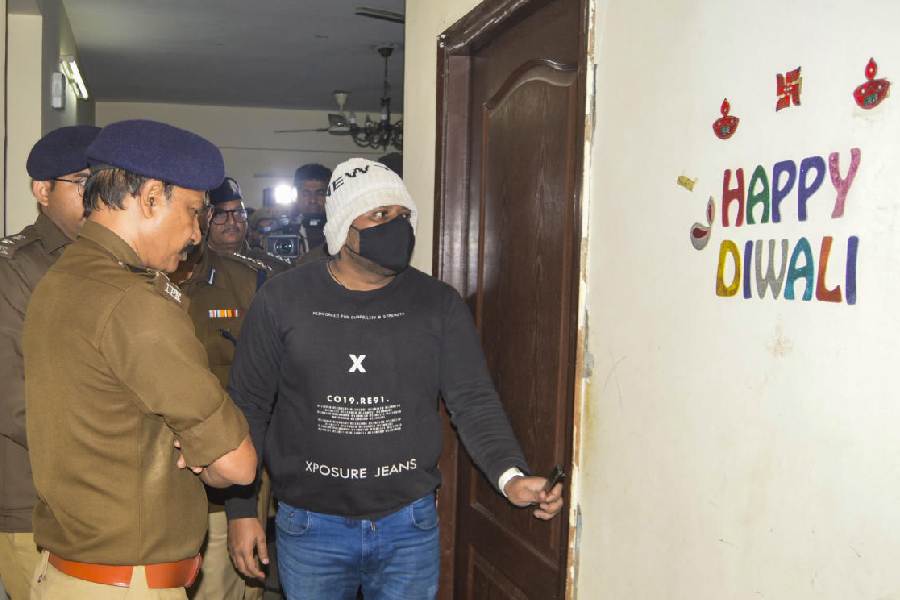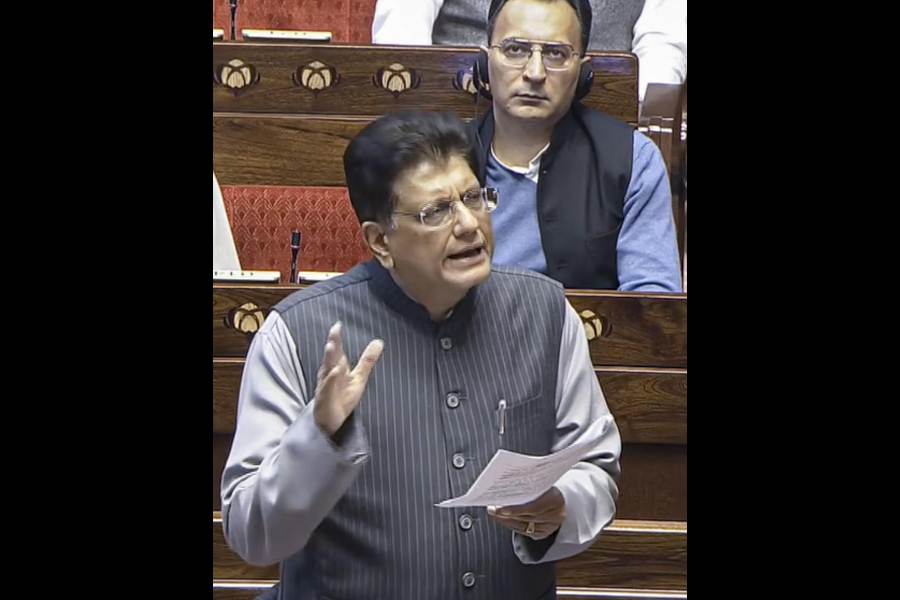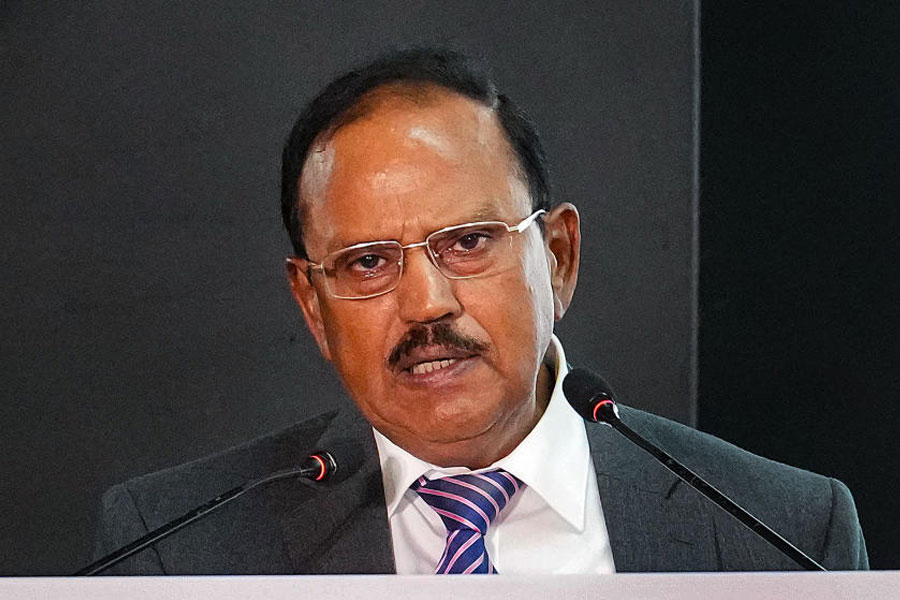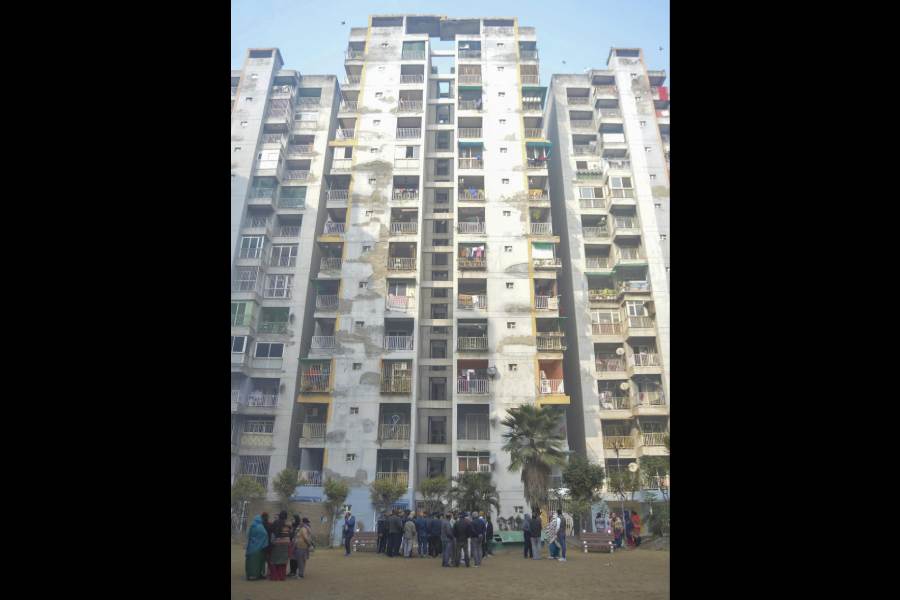Between a majority and majoritarianism lies the membrane between democracy and despotism. A majority of one, no more, grants you authority over all hundred; it does not, however, hand you authoritarian hold over 49. To use numerical advantage as license for unilateral indulgence, or to bully and bludgeon, is to distort the idea of democracy in a perverse fashion.
The context for this, most immediately, is the unspeakable outburst that smudged the special session of the newly-unwrapped edifice of Parliament; it was the sort of defilement whose stench will not easily go. What appears likelier, alas, is that the aberrant — and abhorrent — enactment of Ramesh Bidhuri, BJP member of the Lok Sabha from South Delhi, will trigger imitation. The unembarrassed hilarity Bidhuri’s coarse turn on the floor caused in at least two former cabinet colleagues of Prime Minister Narendra Modi — Ravi Shankar Prasad and Harsh Vardhan — should underline to the discerning among us a few unfortunate truths about the essential nature of those we have put in charge of governing us. It should also make us mull the possibility that we may be accomplices to accrediting a loutish governing order.
The treasury benches have turned into a vaudeville of low mimicry, high-decibel sectarianism — the ‘Jai Shri Ram’ cry is routinely employed for both greeting and heckling. It is no more a thing of shock that a minister hollers and hectors an Opposition member and blithely threatens a home visit by the Central Bureau of Investigation or the Enforcement Directorate if they don’t ‘behave’. More than just a few have wondered aloud why Bidhuri has not been rapped by the Chair for his gross violations on the floor, or even by the prime minister or the party. Such questioning has lost all meaning; it is best abrogated from our thought processes for there is nobody who feels obliged to respond, much less explain. It has become the prime minister’s patented style to approve misdemeanour by silence.
But in Bidhuri’s case, silence has been supplemented with reward — he got charge of overseeing the party’s campaign in Rajasthan’s Tonk region. But of course! Bidhuri belongs to the Gujjar community — the same as the Congress’s Sachin Pilot — and Gujjars can tilt the scales in and around Tonk. Ramesh Bidhuri, like Brij Bhushan Sharan Singh of the Wrestling Federation of India fame, has his uses. On second thoughts, Bidhuri’s transgression in Parliament was actually no transgression, it was behaviour that the ruling manual approves and encourages, it is just how majoritarian intimidation signals itself. Forget admonishment, Bidhuri probably got a pat on the back behind closed doors, well done, way to go!
But there are issues beyond and above poor floor manners that need to be raised. Should we, for instance, not ask about what’s happening with the constitutional proprieties and practices that surround Parliament? Not the one that has been vacated and neither the one that has recently been inhabited, but the one where resides — or should — the soul of this magical and improbably complex oneness called India. What’s become of the Parliament Narendra Modi kisses and embraces and so frequently expresses reverence for on his watch?
There is the issue of a certain office whose address is Rashtrapati Bhavan, atop Raisina Hill, New Delhi. There is the issue of its current incumbent, Droupadi Murmu, the first president from among our tribes. Where is our first citizen, head of State and holder of the highest office in the land, located in relation to Parliament, the highest assembly of the people?
Article 79 of our Constitution — another object of the prime minister’s frequent embrace — is unambiguous about that relationship. It states: “Constitution of Parliament — There shall be a Parliament for the Union which shall consist of the President and two Houses to be known respectively as the Council of States and the House of the People.”
There are subsequent provisions written into the Constitution — Article 86 and its sub-clauses and Article 87 and its sub-clauses — that enshrine the president’s essential rites in the functioning of Parliament: addressing either or both of its Houses, sending messages to Parliament when thought fit and so forth. The president is the first constituent of Parliament, the role of the office in the conduct of its functions is not merely central, it is a constitutional obligation.
What we have today, instead, is a president airbrushed off Parliament on the authority, we must presume, of the prime minister who has resolved to nibble away preferred bits of the presidential jurisdiction. Bits, in fact, that lend themselves to the one, widely-recognised object of the prime minister’s fancy — the camera; he had it turned on himself even in that narrow Uttarakhand cave to meditate in rhapsodic sadhu regalia. In newspeak, it will probably be referred to as an image that instantly became impossible to ‘unsee’. He wasn’t going to allow frame-space around the historic atmospherics of the new Parliament to anyone, whatever that took. (We know precisely what it took — an unwritten, probably also unspoken — advisory to Rashtrapati Bhavan to stay away, but like so many things in these times, it’s all either off the record or in some sealed cover). And so it was he who sat, mahant-like, on the ground-breaking puja of the would-be complex of his insistent and express conjuring. It was he who played lead deity at the elaborate pageantry choreographed to install the sengol beside the Lok Sabha high chair. It was he, again, who led the way out of the stately rotunda of the old Parliament onto the new squat nearby. There may be reason to watch with some trepidation where all of this will lead next.
sankarshan.thakur@abp.in

